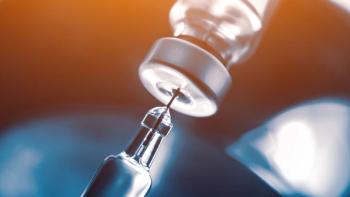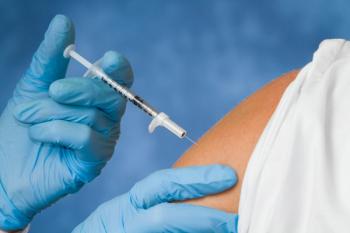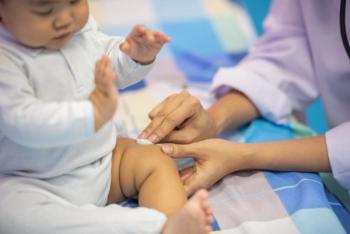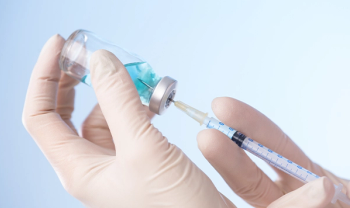
Arkansas Health Officials Report That Vaccine Clinics at Meatpacking Plants Were Successful
Program reached the Marshallese workers who have moved from the island nation in the central Pacific Ocean to work in the poultry and meatpacking industry in northwest Arkansas.
By some counts, the meatpacking industry in the United States employs more than a 500,000workers, or about one-third of people of food and beverage manufacturing employees in the country. During the early part of the COVID-19 pandemic, the industry was in the spotlight as a source of outbreak and transmission. The Trump administration declared the poultry and meatpacking industries an essential industry, so the plans were exempt from orders from state officials that might have closed them. ProPublica, the investigative news organization has
Once COVID-19 vaccine became available in early 2021, some of the meatpacking companies imposed
In a brief “notes from the field”
Arkansas ranks third in poultry processing in the state, and the workers in the 19 poultry and meatpacking plants are disproportionately Hispanic and immigrants from the
Porter and his colleagues port that the Arkansas Department of Health set up clinics at 10 different poultry and meatpacking plants from May 2021 through April 2022. Workers could get the shot during a work break “to avoid any disruption in plant productivity.” The clinics were open to anyone, including family members of workers, but the target population was employees.
The researchers tally shows that 1,790 doses of COVID-19 were administered along with a 599 flu shots. Approximately two-thirds (67%) of the people vaccinated were Hispanic and about one-fifth (21.7%) were Marshallese.
Just five of the 19 poultry and meatpacking companie in the state participated in the program, and workers at three companies accounted for almost all (98%) of the vaccine administered,\.
Still, Porter and his colleagues characterized the program as a success and wrote that the industry “may be willing to commit resources in the form of grants to sustain and expand these efforts to address other public health threats and emergencies.”
They also note that having access vaccination may be “critically important” the state’s Marshallese population because they may not be eligible for federal benefits such as Medicare.
Newsletter
Get the latest industry news, event updates, and more from Managed healthcare Executive.

























